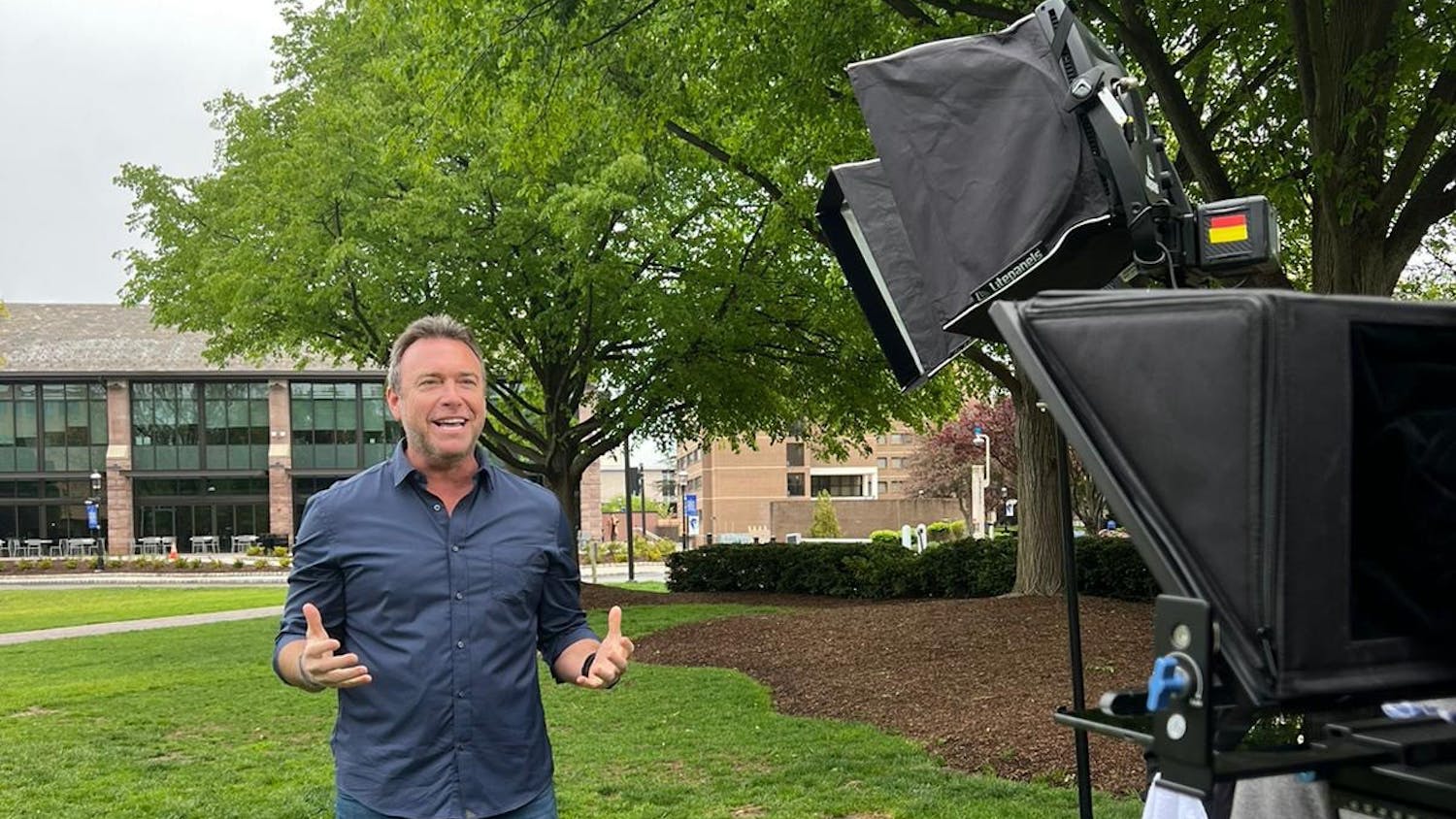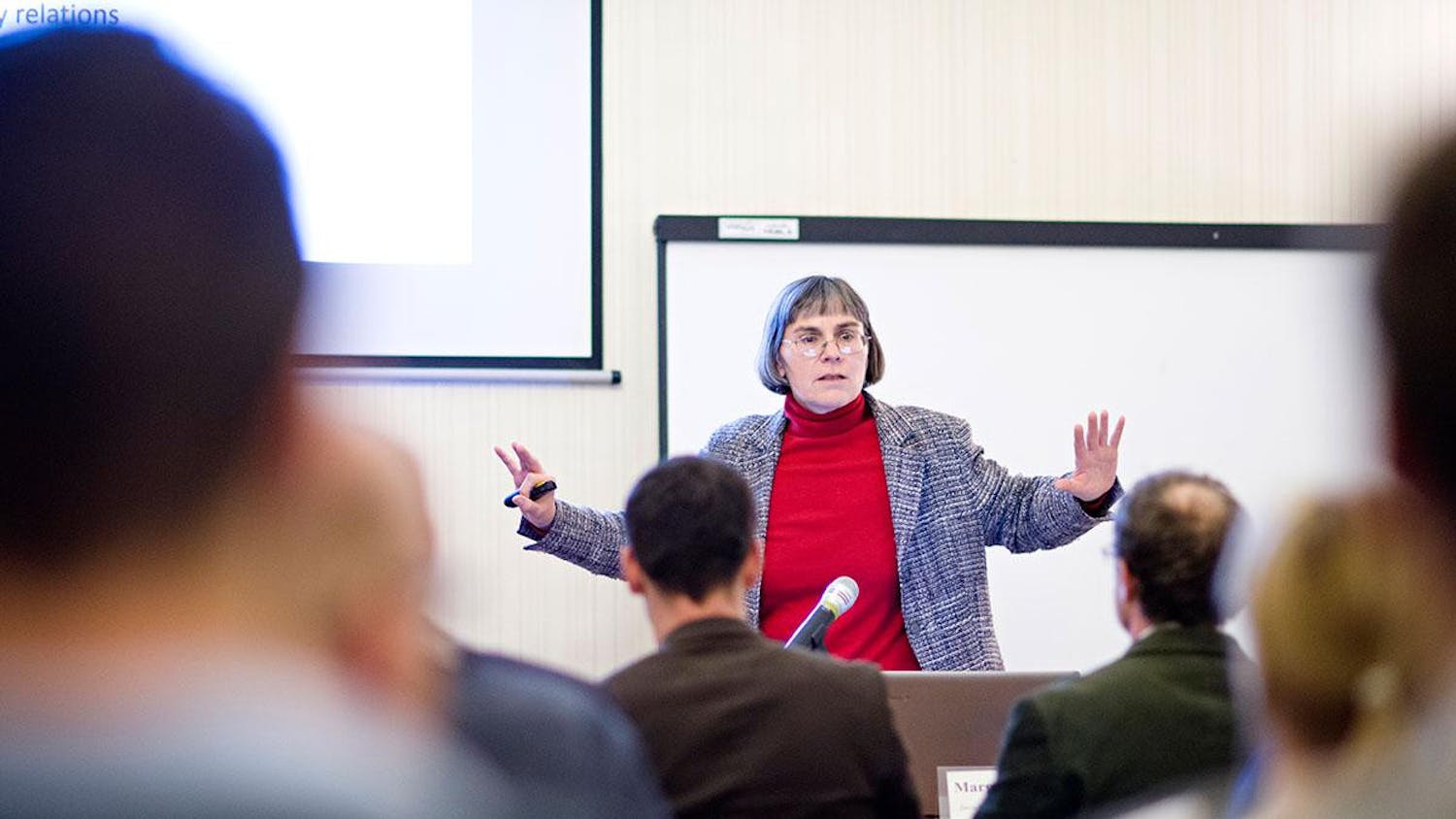After reading “Prison Noir” and interviewing an ex-inmate, the next logical step for me was to talk to someone on the other side of the bars--the people who help maintain the correction facilities do the work they are supposed to do. Among the most important of those people are probation officers.
Dr. John Paitakes, professor of the Criminal Justice Department at Seton Hall, first became interested in criminal justice after working as a probation officer, which started out as a temporary job, but led to a career.
Some of the most common misconceptions about prisoners and rehabilitation are that “you can never trust them,” “they aren’t smart,” “once a criminal, always a criminal” and that ‘probation doesn’t work’ according to Dr. Paitakes.
“There is rehabilitation,” Dr. Paitakes stated.
Most people know the statistic that half of prisoners released soon will be back in jail soon, however people do not seem to focus on the fact that the other half will have been rehabilitated and become a part of society again.
“I’d like to see an increase in probation and parole officers,” Dr. Paitakes said. “There are 7 million people incarcerated--5 million are on parole while the other 2 million are in jail.”
One of the goals for the students in his criminal justice courses is to make sure they start correcting people when they repeat misconceptions about the justice system.
However, Dr. Paitakes said that the system is improving, because we are moving away from the philosophy of incarceration and beginning to focus on rehabilitation.
“The public needs to be more involved,” Dr. Paitakes said. “The department of corrections is looking for tutors for the GED program, volunteers from churches to help inmates find jobs and build their resumes and interns.”
With help, the imprisoned can become a part of society again.
“The first couple months after prison are the most critical times,” Dr. Paitakes said. “In jail, there are resources, it is regimented, and now you have to fend for yourself.”
Dr. Paitakes said there are three things to look at from life before prison to fix and focus on after prison. People, places and things. Who are the people you interact with? Where are the places you go? What are the things that you do? If prisoners have a support system when they get out of jail and focus on fixing those things, rehabilitation is possible, according to Dr. Paitakes.
Rebecca White can be reached at rebecca.white@student.shu.edu.





